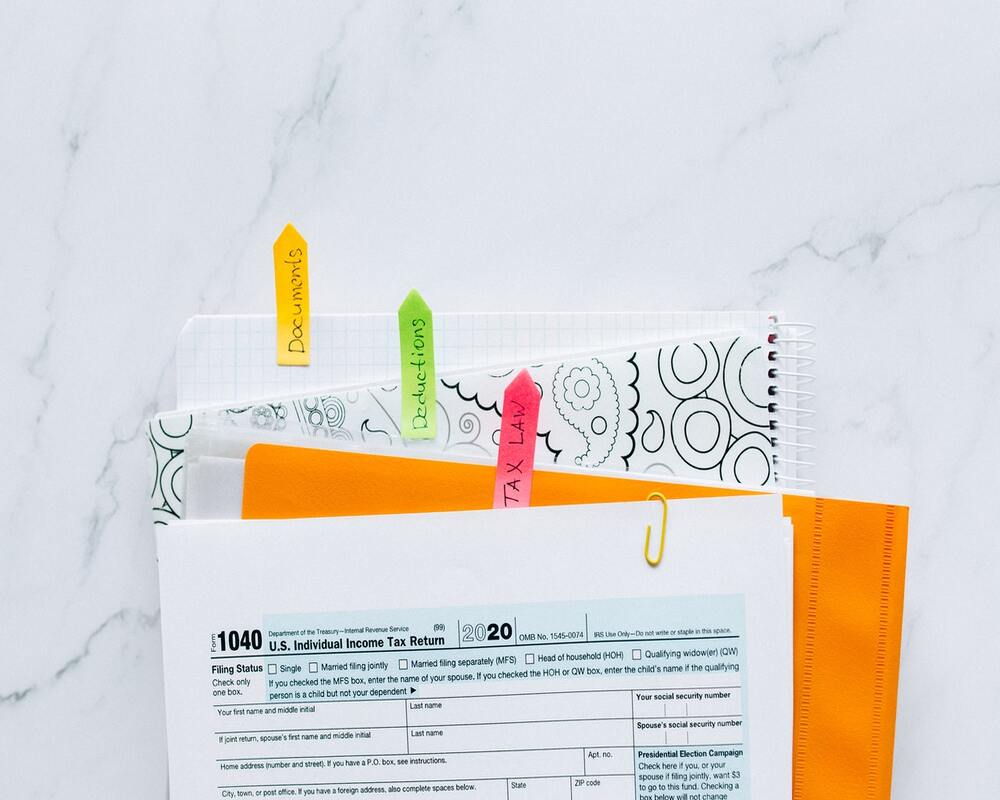
There are many benefits to pursuing CPA licensure, including career development and job satisfaction. One of the most important benefits of CPA licensure is the opportunity to receive a higher salary. Negotiating a CPA starting salary can be challenging, particularly an entry level CPA salary. This article provides research on CPA salary ranges, employment trends and specific skills that employers genuinely value. You’ll read about salary negotiation tips — and most importantly — how to secure compensation that fits your skill set.
Entry level CPA salary: what could I make?
A CPA salary depends on the size of the firm, and your geographic location. If you have specific skills that are in high demand, your CPA starting salary may be higher than other accountants entering the workforce.
Before you begin negotiating a CPA minimum salary... do your homework!
Take note of employment trends
International staffing agency Robert Half’s 2020 Salary Guide dives into trends in accounting hiring and employment. When you think about how to negotiate a higher CPA starting salary, these trends can be helpful.
Focus on digital skills
Employers value knowledge in data analytics, cloud-based systems and Enterprise Resource Planning (ERP) systems. Routine tasks are becoming more automated and CPAs spend more time on strategic work. If you have strong critical thinking and problem-solving skills, you’re more valuable.
Need to reduce turnover
More companies are seeing the benefit of retaining employees and are working to increase compensation faster for key staff members. If you’re hired and perform well, many firms will provide salary increases in less than a year.
Importance of culture
Employers are making work culture a higher priority. More than 90% of managers surveyed said that a candidate’s fit with the organizational culture was as, or even more important, than skills or experience.
Employers also value communication skills, both written and verbal. Technology allows firms to gather and process information quickly. Accounting information must be communicated clearly, so that managers can make informed decisions.
Once you receive a CPA starting salary offer, you’ll need information on how to negotiate salary.
CPA starting salary negotiation tips
Getting a job offer is satisfying, regardless of the CPA salary level. An offer confirms that your skills and abilities are valued in the marketplace.
When you receive an offer, thank the employer and ask them when you need to respond. Keep in mind that the company is under pressure to fill the position. If several workers have taken on additional job responsibilities, they may feel overwhelmed.
The employer needs to fill the position before work stacks up and time-strain mistakes are made. They need an answer from you in a reasonable period of time.
Do take time to prepare for a CPA minimum salary negotiation — but be respectful and judicious of the process.
Employment site Glassdoor provides strategies to successfully negotiate your starting CPA salary. Remember that the manager you’re negotiating with must be able to justify a higher salary offer to his or her firm. You need to make the case for the higher compensation and these factors may help you justify a salary increase.
Timing is everything
As discussed above, companies need to fill open positions to keep business operating smoothly. If the firm is expanding, merging or going through other changes, filling the position is even more important.
Seasonal business is also a factor. If you’re interviewing for a job as a tax accountant right before tax season starts, you’re in a stronger starting salary negotiating position.
Understanding economics
A strong economy means more sales and production— and more accounting transactions to post and analyze. The need to fill an accounting position is more urgent in a growing economy. Conversely, if business is slowing down, the need is less urgent.
Filling a need as laws change
Changes in accounting standards and the tax code increase the need to fill accounting positions. The coronavirus pandemic led to tax and accounting changes, most notably the Coronavirus Aid, Relief and Economic Security (CARES) Act. That means accounting professionals had to quickly learn about these changes and understand how each impacted the business.
Take each of these factors into consideration and write down a script to make the case for your higher salary. Rehearse the discussion with a friend or family member. You need to state your reasons clearly and with confidence. Here are some negotiation terms you should know.
These terms will help you understand the negotiation from the employer’s point of view.
Reserve price: The minimum dollar amount that a party is willing to accept. Think about a minimum salary that you’re willing to accept. If you really like the company culture and see the opportunity for career growth, you may accept a lower minimum salary to get your foot in the door.
Size of the bargaining zone: This is the range of CPA salary that both parties are willing to accept. Most employers will indicate a salary range in the job description or discuss it during an interview. If you ask for a salary that is above the top end of the range, you’ll need to make a strong case.
Zone of possible agreement (ZOPA): The zone of possible agreement is the range within which a deal can be reached. Assume that the stated salary range is $60,000 to $65,000. The employer may have budget approval for $70,000 if a candidate is impressive, but that’s the highest salary allowed. If you think that your case is strong, $70,000 may be within the ZOPA.
Given the need to fill the position, an employer may want an answer in a few days. This short window of time may only give you one opportunity to ask for a better offer. The employer may respond with some other type of benefit, such as more vacation time or a salary review in six months instead of a year.
Once the employer responds to your proposal, give the company a final yes or no in the time allowed. If you turn down the position, thank the employer for the time invested. Always leave the discussion on good terms — you may work with the same individual later in your career.
Use these strategies to negotiate your CPA salary with confidence — and to get a level of compensation that matches your skill set. Negotiation is an important skill to learn and develop at any point in your career. Take your skills further and enroll in Becker's Negotiation Skills CPE course.









